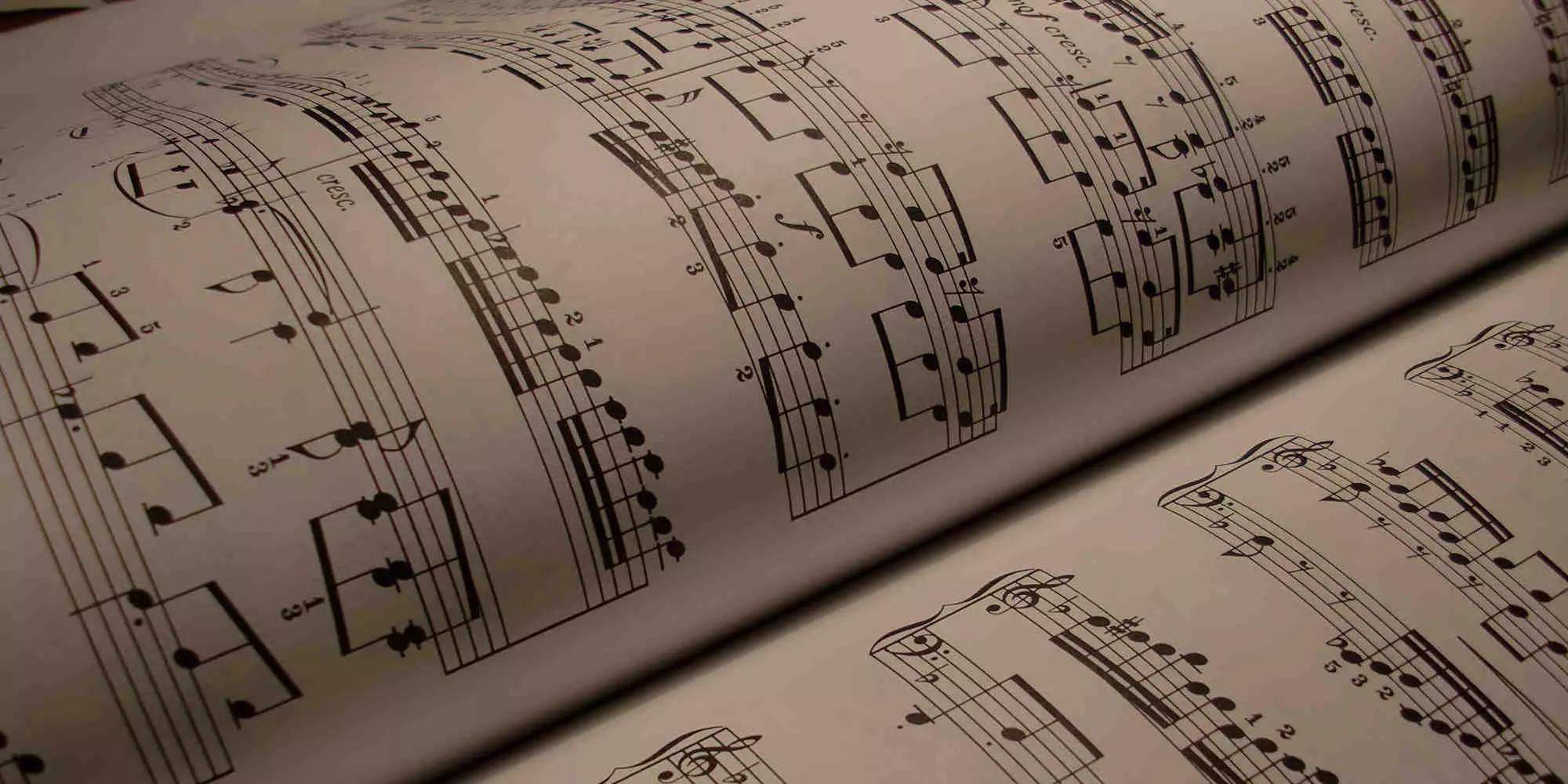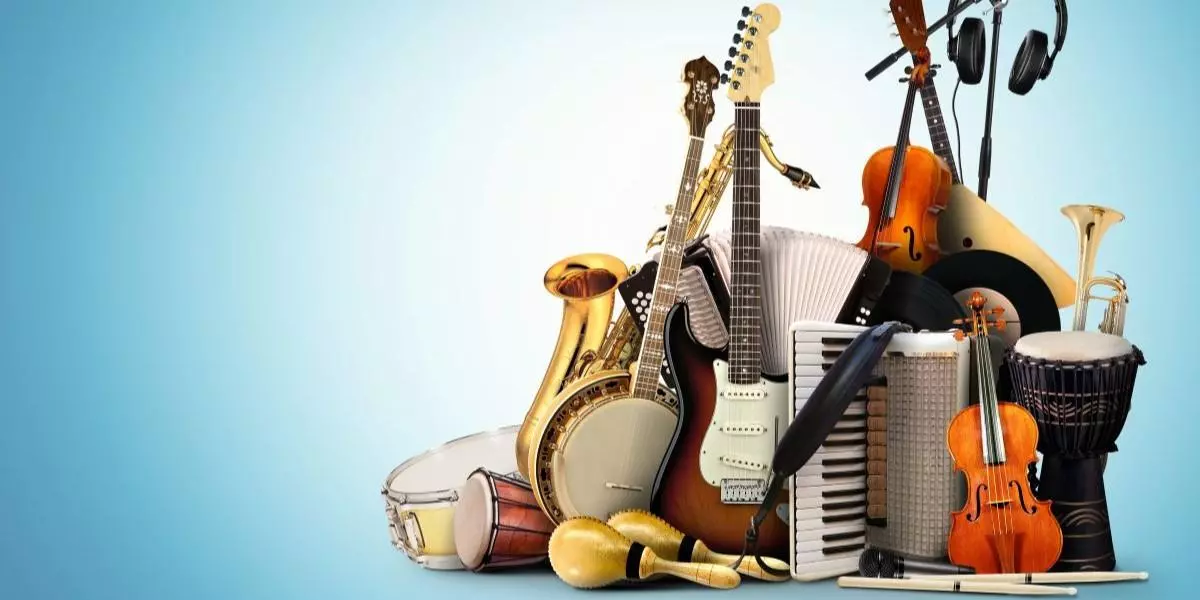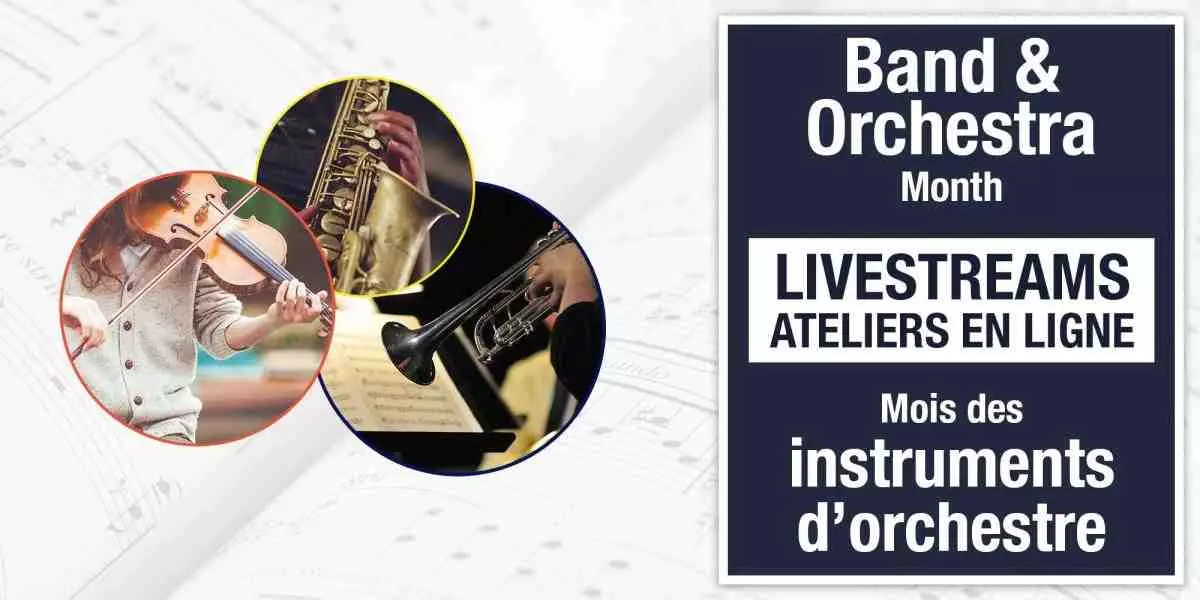Why Sheet Music is Still Relevant Today

In 2025, despite the widespread reliance on digital technology in the music industry today, sheet music remains a crucial component of music education, performance, and the preservation of history. Although digital formats, such as MIDI files and streaming services, have transformed how music is created and consumed, sheet music has proven remarkably resilient throughout these evolutions. From its role in fostering musicianship to its historical and cultural significance, sheet music has proven that it will not phase out anytime soon.
Music Education and Musicianship
One of the key factors that ensures sheet music remains a staple is its role in music education. Learning to read and interpret sheet music is essential for formal music training. Whether in a school, conservatory, or private lessons, the ability to read music is fundamental to understanding musical structure, rhythm, harmony, and dynamics.
Sheet music allows students to engage with music in a more tactile way. Digital tools, like music notation software, are often used as a supplement to sheet music, but they cannot replace the process of reading from paper. The act of reading music in real time encourages deep listening and helps students internalize the music they play, promoting both technical skill and musical expression.
Sheet music also plays a crucial role when playing in ensembles. When musicians come together in orchestras, choirs, or smaller groups, sheet music ensures that everyone is playing the same version of a piece. It provides a common language that allows diverse groups of musicians to collaborate seamlessly, regardless of their background or training. Achieving this level of coordination would be difficult using only digital or recorded formats.
Preservation of Music’s Legacy
Another crucial reason why sheet music remains relevant in 2025 is its historical significance in preserving the formative eras of music. Unlike digital formats, which can become obsolete due to changes in technology or software, printed sheet music offers a permanent, tangible record of a composition.
Classical music, in particular, relies on the integrity of original scores, ensuring that pieces by composers such as Beethoven, Mozart, and Bach remain accessible to future generations. For scholars, performers, and historians, sheet music is a vital artifact that enables us to understand the nuances of musical evolution. In a world where many digital formats may eventually be lost or inaccessible, sheet music stands as a testament to the past.
Practical Advantages in Performance and Composition
While modern technology offers numerous tools for creating new music, sheet music remains essential for live performances. Musicians, particularly in classical and jazz settings, often rely on sheet music as a guide during live shows or rehearsals; however, this isn’t limited to only these genres. Digital tools can be unreliable in live settings due to battery issues, connectivity problems, or technical glitches that we cannot predict. Sheet music offers a stable and distraction-free alternative. It is also easier to annotate and mark up sheet music with performance notes, fingerings, or dynamics, which enhances a musician’s interpretation of a piece.
For composers, sheet music serves as a direct medium for expressing their ideas. While notation software remains popular today, composing on paper allows for a more intuitive and fluid process for many musicians. This is not to say that notation software cannot present your music as a polished final copy, but many can relate to the feeling of having to interrupt your creative flow.
Ultimately, sheet music remains an essential tool in cultivating an emotional connection with music. From learning from its historical roots to supporting music education for future generations, sheet music has proven that it is not just a relic of the past, but a means for us to understand and interpret the emotions and intentions of others, and will always be the bedrock of an ever-evolving industry.









